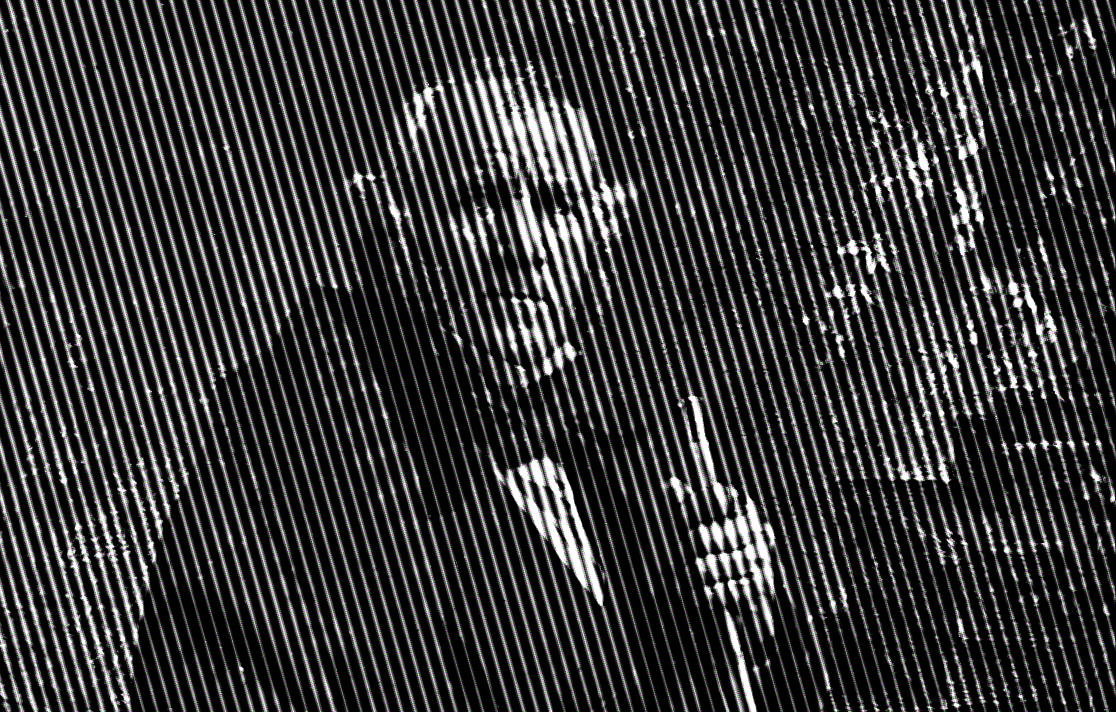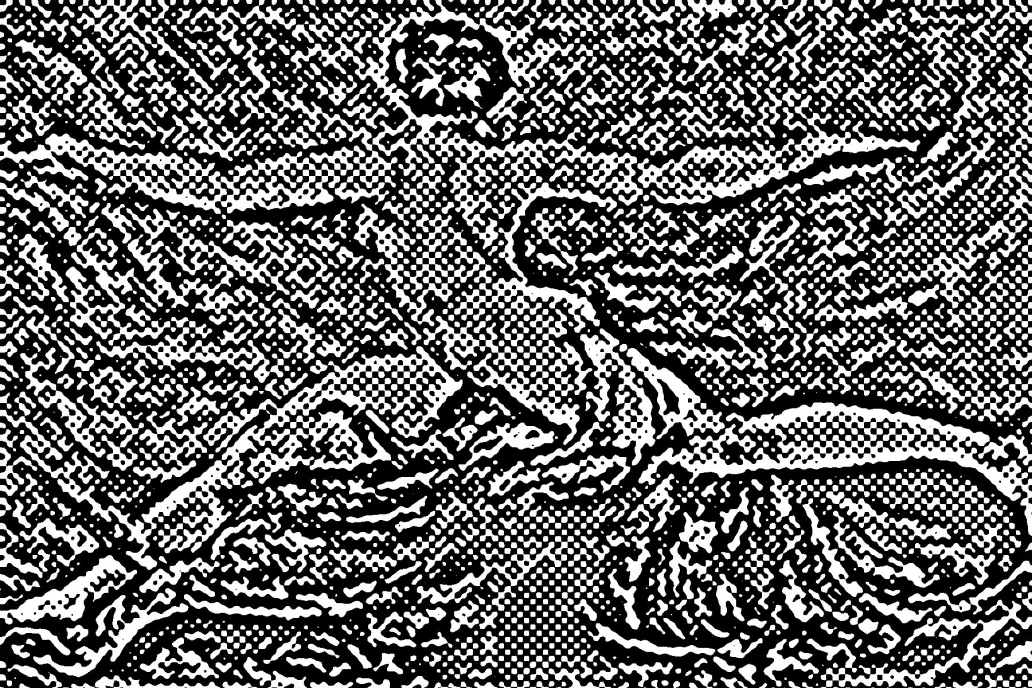
The frontier is a great teacher because the frontier is an edge-case of civilization.
Whether it's Cortés in Mexico or Bradford in Plymouth, frontier figures teach us how to navigate the unknown.
One lesson we learn from frontier history is that personal information management has higher stakes than we appreciate today.
When the rule of law is unstable or non-existent, gossip and rumors can be death sentences. Fraudulent claims to properties and titles proliferate, as new regimes are expected to lose track of old regimes' records.
In any context where social facts are not securely managed, frontier information tactics apply. And there was no better practitioner of frontier information tactics than Sam Houston (1793-1863)—the great American war hero, governor of Tennessee, and first President of the Texas Republic.
At the age of 16, young Sam runs away from his family's home in Tennessee to live with the Cherokees. After falling into debt, he enlists in the Army, distinguishes himself in the War of 1812, earns the attention of Andrew Jackson, and—not long after—becomes Governor of Tennessee.
Legendary Silence
Unfortunately, Houston's political career is quickly ruined by accusations from his wife at the time. Houston biographer James Haley believes that Eliza is pressured into the marriage by her parents, for political reasons; wishing to escape it, this is her only recourse. Whatever really happens we do not know exactly, but in the honor-based society of the antebellum South, accusations are enough to ruin a man. Houston is forced to resign from the top office in Tennessee.
What's interesting is that he never publicly responds to the accusations. Years later, Haley notes, his "silence was legendary." Haley recounts the following conversation between Houston and one of his advisors:
"What can I say to them, Governor?"
"There is nothing to say, Billy."
"But you've got to say something, Governor. You owe it to yourself and your friends."
“This is a painful but a private matter, Billy. I do not recognize the right of the people to interfere. I shall treat the public as though it had never happened.”
Williams protested that this was a disastrous course, but Houston ended the discussion by laying a hand on Williams's shoulder. "Whatever may be said by the lady or her friends, it is no part of the conduct of a gallant and generous man to take up arms against a woman. If my character cannot stand the shock, let me lose it." [Emphasis mine.]
Houston understands that true character is a distributed, abstract entity that cannot be made or broken by any one-off, false assertion. The truth is a Schelling point and lies are not, so there is nothing to say or do except to roll with the punches.
The next day, after resigning his office, he heads southwest to rejoin the Cherokee, this time in Arkansas. There he licks his wounds for three years, nearly succumbing to drink and indolence (as many weaker men did), before eventually mustering the energy for one of the greatest comebacks in American political history.
The Implicit Ledger
One of the lessons he learns from the Tennessee affair is the importance of record-keeping. To the degree there is a national culture at this time, it is molded through handwritten letters between live players. One way to secure one's name and honor is simply to record facts and figures more diligently than others, and attest to them more consistently than others, through written documents.
As Houston re-ascends the power hierarchy, his political enemies try to frame him for various crimes, especially financial crimes. This is a popular form of political warfare bred by the low-security information environment of the frontier. One reason Houston makes it back to the top is that he understands writing is proof of work and truthful attestations form an implicit distributed ledger. His biography is replete with examples of successful information warfare, all of which boil down essentially to writing down the truth and sharing it with relevant parties.
The Slope to Texas
The rest of the story is well known: Houston heads to Texas, leads the military to victory against Mexico, and becomes the first President of the Texas Republic. Less understood is that this rough, Scots-Irish wildman seems to have been destined for Texas. When the Houston family moves from Scotland to Pennsylvania, to Virginia, to Tennessee, and then Sam to Arkansas, the Houston name is embarked on a gradient descent toward the basin of American freedom.
After Houston begins lobbying the United States to annex Texas, many object because Texas has a bad reputation. Here is how Houston responds:
"He allowed that he was aware that some persons in the United States had opposed annexation on the grounds that Texas was populated by ruffians of the worst element. 'I know very well that Texas had a very bad reputation,' he wagged. 'If a man lived in the United States, and perpetrated a mean outrageous act, cut his stick, and took his kit on his shoulder, and it was asked, 'Where has he gone?' the answer was, 'Sloped for Texas.' They located all the rascals in Texas; didn't send any of them to Arkansas. ... But I will wager you have never taken into consideration Texas is indebted for all the vagabonds, rascals, and scoundrels she has got, to the old States of the Union. Did you ever think of that before?"
